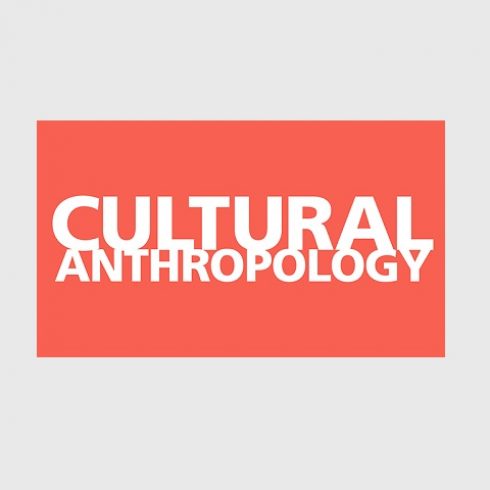Post-Pasteurian Cultures
The Microbiopolitics of Raw-Milk Cheese in the United States
Heather Paxson
Cultural Anthropology 2008

Abstract
Out of concern for public health, the U.S. government bans the sale of cheese made from unpasteurized milk if it is aged fewer than 60 days. But while the FDA views raw-milk cheese as a potential biohazard, riddled with pathogenic microbes, aficionados see it as the reverse: as a traditional food processed for safety by the action of good microbes. This article offers a theoretical frame for understanding the recent rise in American artisan raw-milk cheese production, as well as wider debates over food localism, nutrition, and safety. Drawing on ethnographic interviews with cheese makers and purveyors and on participant-labor conducted on a Vermont sheep dairy farm, I develop the concept of microbiopolitics to analyze how farmer–cheese makers, industry consultants, retailers, and consumers negotiate Pasteurian (hygienic) and post-Pasteurian (probiotic) attitudes about the microbial agents at the heart of raw-milk cheese and controversies about this nature–culture hybrid.
View Publication > Share
Share






Commentary
The latest commentary on the use of antimicrobials in society.
Markets and Pharmaceuticals: Hardship, Antibiotics, and Markets for...
Northern Thailand (Chiang Rai), 19 March 2018, 7am: The steep mountain road winds through rice fields, small streams, and coffee...
Anti-biosis? – Social and Cultural Inquiries into Human-Microbe...
Two of us from the AMIS Programme Team (Clare Chandler and Komatra Chuengsatiansup) are acting as associate editors for Palgrave...
Submissions to the AMIS Hub
Are you a social scientist who is working in antimicrobial resistance (AMR)?